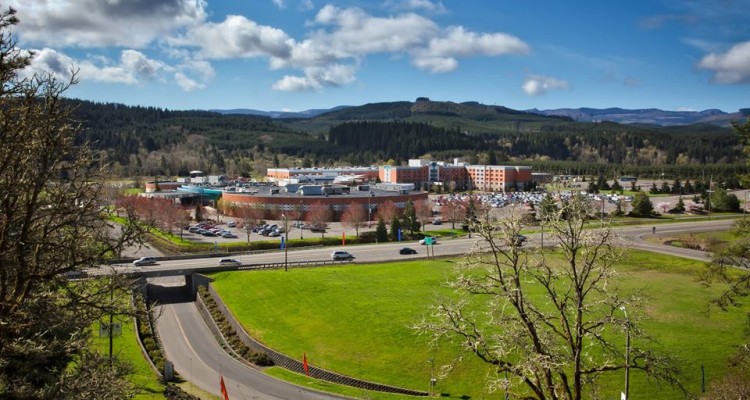After a decision was made by the U.S. Circuit Court of Appeals to allow the Cowlitz Tribe to build a casino in the state of Washington, the Grand Ronde Tribe announced they expect to lose 41% of their revenues due to the creation of the venue. Set to be located in the southwest region of the state, the Cowlitz casino would reportedly cause a bit hit financially to the Grand Ronde Tribe.
Justin Martin, a tribal lobbyist, stated that the decision will result in a big financial hit for the Grand Ronde Tribe. Because the tribe offers essential services like education and health care, they will have to decide what to do now because of the court ruling.
The tribe believes that the casino to be created by the Cowlitz tribe will cause a total loss of over $100 million of the annual revenue stream. Grand Ronde earns about $244 million each year from casino gaming. This amount is largely created by the Spirit Mountain Casino. According to Martin, the tribe came to the estimate amount by looking at market projections based on the distance from market and the estimated drive time to the venues.
The Grand Ronde Tribal Council tried to stop the Cowlitz casino from continuing construction by voting in favor of filing a motion within the United States Supreme Court earlier in August. If this challenge fails, the tribe will have to explore other areas for revenues. According to Statesmanjournal.com, Martin stated that the tribe has a responsibility to provide services to our members and will look at other opportunities, either via economic diversity or gambling opportunities if they are presented.
The Grand Ronde Tribe recently purchased a piece of property in Wood Village and are considered how to use the land to try and offset the estimated revenue losses. Yet the tribe is still at a disadvantage as the constitution of the state prevents privately owned casinos from being created. According to Martin, if the tribe were able to take the land into a trust then it would be considered part of the reservation. Yet Martin thinks that the reality is that a policy change needs to take place in the state. The tribe would like to look at several ways of seeing how a policy change could come into effect, such as seeing if the voters of the state would like to try and make something happen.
Currently, six percent of the tribal revenues goes to the state. 94% goes towards tribal programs including health care, pension and education programs. The tribe’s expenses include around 60% of the revenue amounts going towards health care. Members of the tribe currently are provided by the tribal government with free health care but eligible members may soon be moved to the Oregon Health Plan. The tribe will have to look at every area in which the casino assists with revenues.


